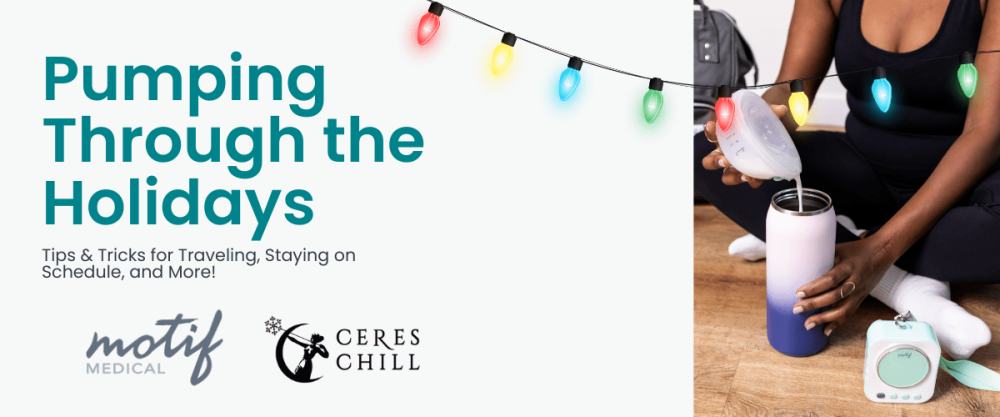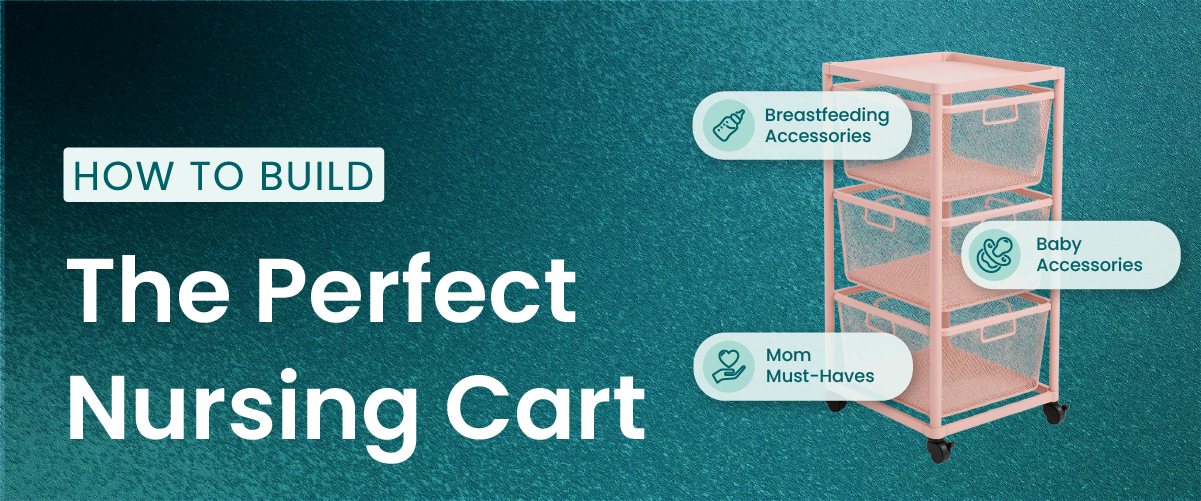There sure are a lot of feelings that come after you give birth to your baby! Some new mothers feel a euphoric high when they deliver and some feel like they need some time to bond with their baby before they feel any strong emotional attachment.
How your delivery went can also play a part in how you feel afterwards—if things went like you hoped, you might feel empowered by the experience, but if they didn‘t, you may need to grieve the loss of the experience you didn’t get to have. When you add in the rapid hormonal changes of postpartum, it makes it easier to understand why many people report both happy and sad moments in the weeks following delivery.
Table of Contents
What are the "Baby Blues?"
“Baby blues” is a term that’s given to these changing emotions after your baby is born. It‘s estimated that about 80% of new parents will experience baby blues. As long as these sad feelings come and go throughout the day and don’t last for more than two weeks, it’s considered a normal part of postpartum recovery. Baby blues can include feelings of sadness, crying, feeling overwhelmed, having trouble sleeping or anxiety.
Having a new baby while also recovering from pregnancy and birth is a lot for your body to do. Call in help from your social support system and let them help you with household tasks such as grocery shopping, folding the laundry, and cooking meals. Getting help from your community can make the postpartum period go more smoothly and can give you the time and space you need to recover from birth.
What are the Symptoms of Postpartum Depression?
But what if those feelings are more than mood swings? What if you‘re feeling sad, depressed or anxious all day long? If your feelings of sadness or anxiety are lasting all day or lasting more than 2 weeks, you might be experiencing postpartum depression (PPD). PPD is different from the baby blues. Postpartum depression (or postnatal depression) can cause feelings of sadness or depression that last all day and recognizing the signs of PPD is a critical component of women‘s health care.
PPD can include struggling to bond or care for your baby, trouble sleeping, and not getting joy out of the things in your life that would normally bring you joy. These feelings can keep you from eating, sleeping, caring for your baby, or connecting with others the way you normally would.
Is Postpartum Depression Common?
According to the American Psychiatric Association, one in seven new mothers will experience perinatal depression, with or without any risk factors (see below) and your partner can have PPD, too. It’s estimated that about 10% of partners will also experience PPD. If you or your partner are having symptoms that keep you from taking care of yourself or your baby, you need to contact your healthcare provider immediately or call Postpartum Support International to connect you with a mental health professional.
What are the Risk Factors for Postpartum Depression?
Some factors that put someone at an increased risk for developing PPD are:
- A personal history of depression or another mental health condition, including perinatal depression
- A family history of depression or another mental illness
- History of abuse
- Stressful life events (death of a loved one, separation or divorce, unemployment, lack of a social support system)
- Diabetes (either pre-existing to the pregnancy or gestational diabetes)
- Pregnancy or birth complications
- Smoking or drinking alcohol or drug use
- Breastfeeding or other feeding issues with baby
If you or your loved ones suspect that you may be experiencing postpartum depression, postpartum anxiety or postpartum psychosis, you should contact your healthcare professional immediately.
How Long Does Postpartum Depression Last?
Postpartum mental disorders can show up anytime in the first year after delivery, but according to the American College of Obstetricians and Gynecologists it frequently shows up in the first 3 weeks postpartum. PPD can last for a year, or even longer if left untreated.
If you’re struggling with one of these mental health conditions, your family members or close friends may be the ones to notice the symptoms of postpartum depression. It can be hard for the person who is struggling with a mood disorder to realize that their behavior isn‘t normal. As a partner or a friend, you‘ll want to help your loved one get the support they need and their healthcare provider is the best place to start. They will be able to do a depression screening for a diagnosis as well as a blood test to check on your hormone levels, such as estrogen and progesterone, as well as your thyroid function. Your primary care provider can also talk you through the options of other clinicians, support groups, talk therapy, or antidepressant medication.
How is Postpartum Depression Treated?
Depending on your personal situation, there are several options for treatment and intervention. Some of the main treatment options are:
- Psychotherapy: Both cognitive behavioral therapy and interpersonal therapy are appropriate treatment options for postnatal mood disorders.
- Support groups: Talking with other individuals who have been through a similar experience can be helpful for postpartum depression and postpartum anxiety.
- Medicine: Postpartum mood disorders are often treated with medication, including hormone replacement and antidepressant medications. Selective serotonin reuptake inhibitors (SSRIs) are considered safe to take in the postpartum period and while breastfeeding. They have minimal side effects and can help manage symptoms for a full recovery, though they may delay breast milk production.
Once you begin the treatment plan of your choice, it is important to keep all follow up visits with your obstetrician and your mental health care provider. Both your physical and your mental and emotional recovery are important during the postpartum, so make sure your appointments get put on the calendar for you to be seen at the scheduled intervals.
As always with postpartum recovery, it is important to take care of yourself. Feeding your body nutritious foods, getting regular exercise, and taking naps frequently should always be a priority during the postpartum. Continue taking all of your supplements, even after you give birth. Although you aren‘t pregnant anymore, your body now needs to rebuild the nutrient stores it used up while you were pregnant, so keep giving yourself all of those good, nutrient dense foods and supplements that you were taking before you gave birth.
Your body and your mind need some TLC to feel better during the postpartum and it‘s important for us to listen to that desire and give yourselves the time and the space to recover from the work and strain of becoming a parent.







